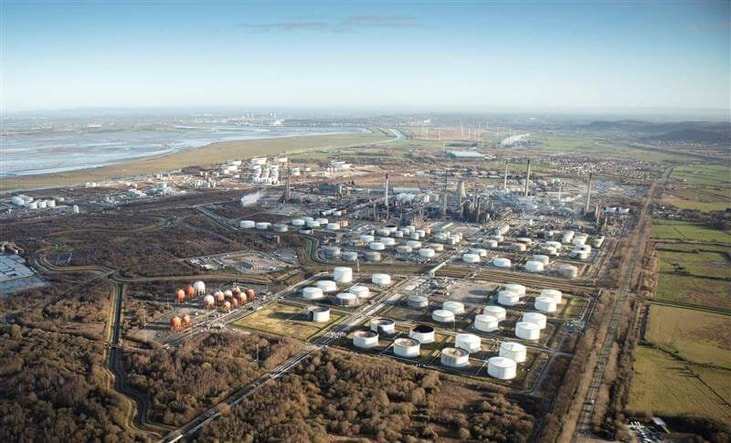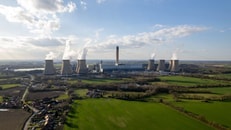UK gives £22bn boost to blue hydrogen and CCUS
The UK Government has confirmed £21.7bn funding for carbon capture utilisation and storage (CCUS) and blue hydrogen over 25 years in a major policy fillip for both sectors.
In the week in which the UK ended its 150-year use of coal to produce power, the nation now begins ‘a new era of clean energy technology’ with the approval of the East Coast Cluster and HyNet projects in Teesside and north Wales respectively.
The UK Government claims it has enough capacity to store 200 years’ worth of emissions, making CCUS a key instrument in tackling the climate crisis and industrial decarbonisation.
... to continue reading you must be subscribed
























